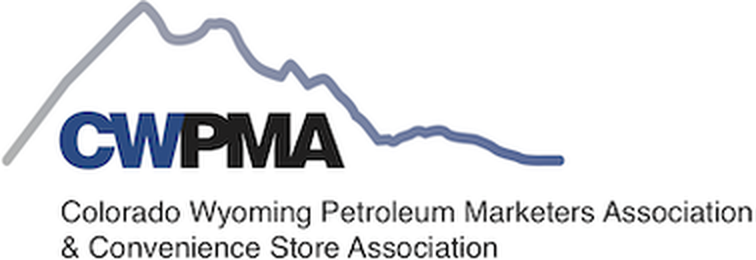The Interim Committee on Tax policy approved two measures of concern for CWPMA for the 2024 session.
The first has to do with repealing an excise tax exemption on Jet fuel and Aviation Gasoline.
Please see below for part of the auditors report on jet fuel.
If you would like to review the Full Report refer to the link and page 279.
The result of the elimination of the excise tax exemption is excepted form the below - while the Auditor's office reached out to CDOT and the Airlines the office did not reach out to CWPMA for our input,,..something they traditionally do relative to terrestrial fuels.
Eliminating the Aviation Fuel Exemptions would result in excise taxes of $0.04 or $0.06 per gallon being applied, respectively, to all purchases of jet fuel and aviation gasoline. As discussed, commercial aviation operators who are eligible for the exemptions typically only purchase jet fuel and do not use the Aviation Gasoline Excise Tax Exemption.
Therefore, only the repeal of the Jet Fuel Excise Tax Exemption would have an impact on current beneficiaries. Eliminating this exemption would increase fuel taxes for commercial aviation operators by about $0.04 per gallon (i.e., the rate for the jet fuel excise tax), which would be levied in addition to the 2.9 percent jet fuel sales tax. As discussed, this exemption provided a $16.7 million benefit to aviation operators in Calendar Year 2019, which would no longer be available if it were repealed. Although jet fuel prices can fluctuate substantially based on market conditions, according to data from the U.S. Bureau of Transportation Statistics, commercial airlines paid an average of about $2 per gallon for jet fuel during Calendar Year 2021.
Therefore, we estimate that if the exemption was not in place during 2021, commercial airlines would have paid about 2 percent more for jet fuel and Colorado’s combined tax rate on jet fuel, including the sales tax, would have been 4.9 percent. Commercial aviation stakeholders mentioned that having to pay both taxes might influence their fuel purchasing decisions. For example, they might purchase and store less fuel at the State’s airports if it was possible to purchase fuel at a lower after-tax cost in another state. However, considering that several other states with major airports tax jet fuel at rates higher than 4.9 percent and most aircraft are filled with enough fuel to meet their specific flight needs to maximize fuel efficiency, they would be limited to a certain extent in changing their purchasing decisions. It is also possible that commercial air carriers would pass the increased after-tax fuel cost to their customers or absorb the additional cost to remain competitive, which is common when market prices for jet fuel fluctuate. Additionally, if the exemptions were repealed, the State would be limited in how it could use the additional revenue. Under Article X Section 18 of the Colorado Constitution, the aviation fuel excise taxes can only be used for aviation purposes and the additional revenue would therefore increase the funds available in the Aviation Fund, most of which is disbursed to the airport where the fuel was sold.
The bill is simply scheduled for initial introduction so if fuel wholesalers and dealers have an opinion on this proposal please let the Association know.
